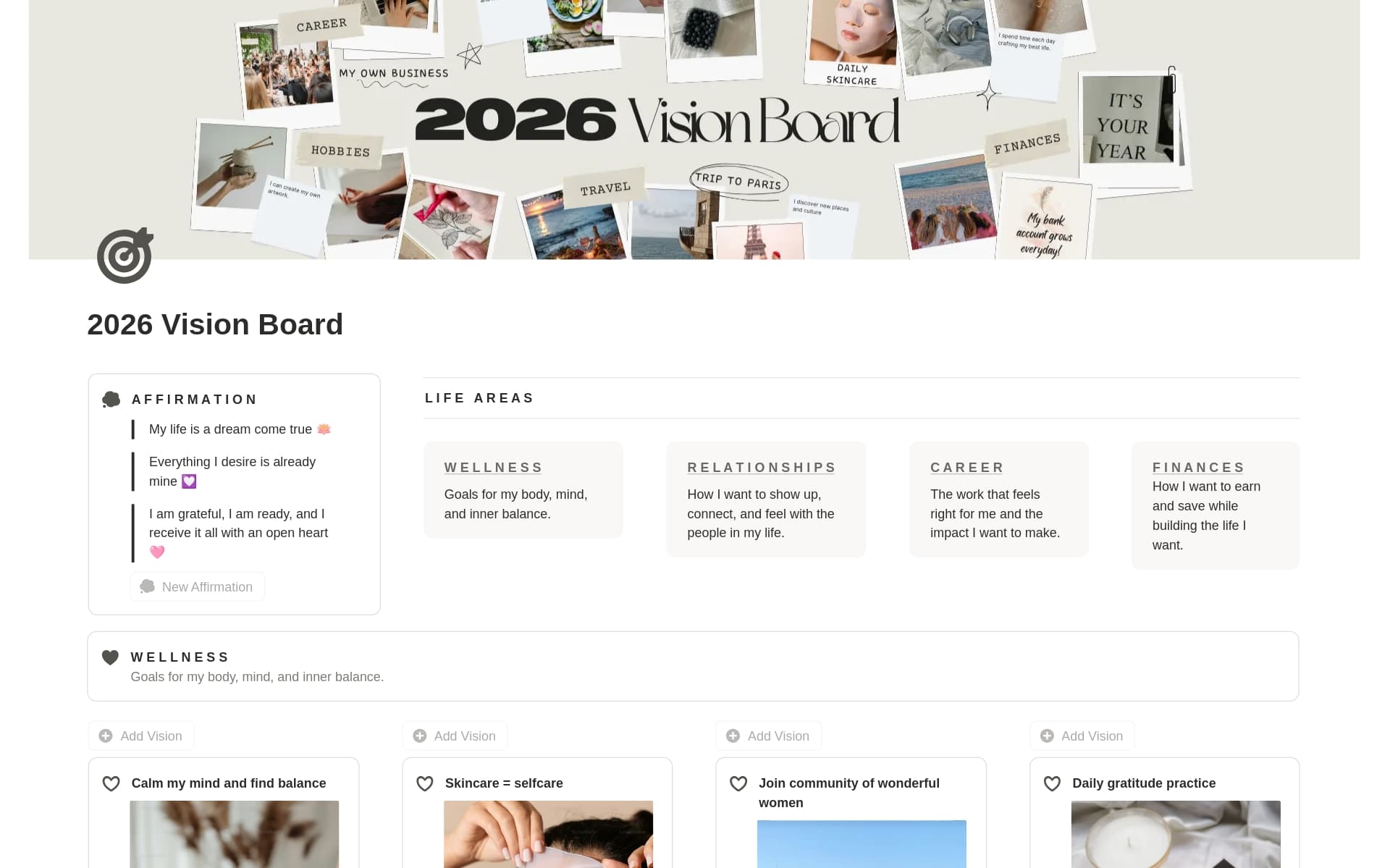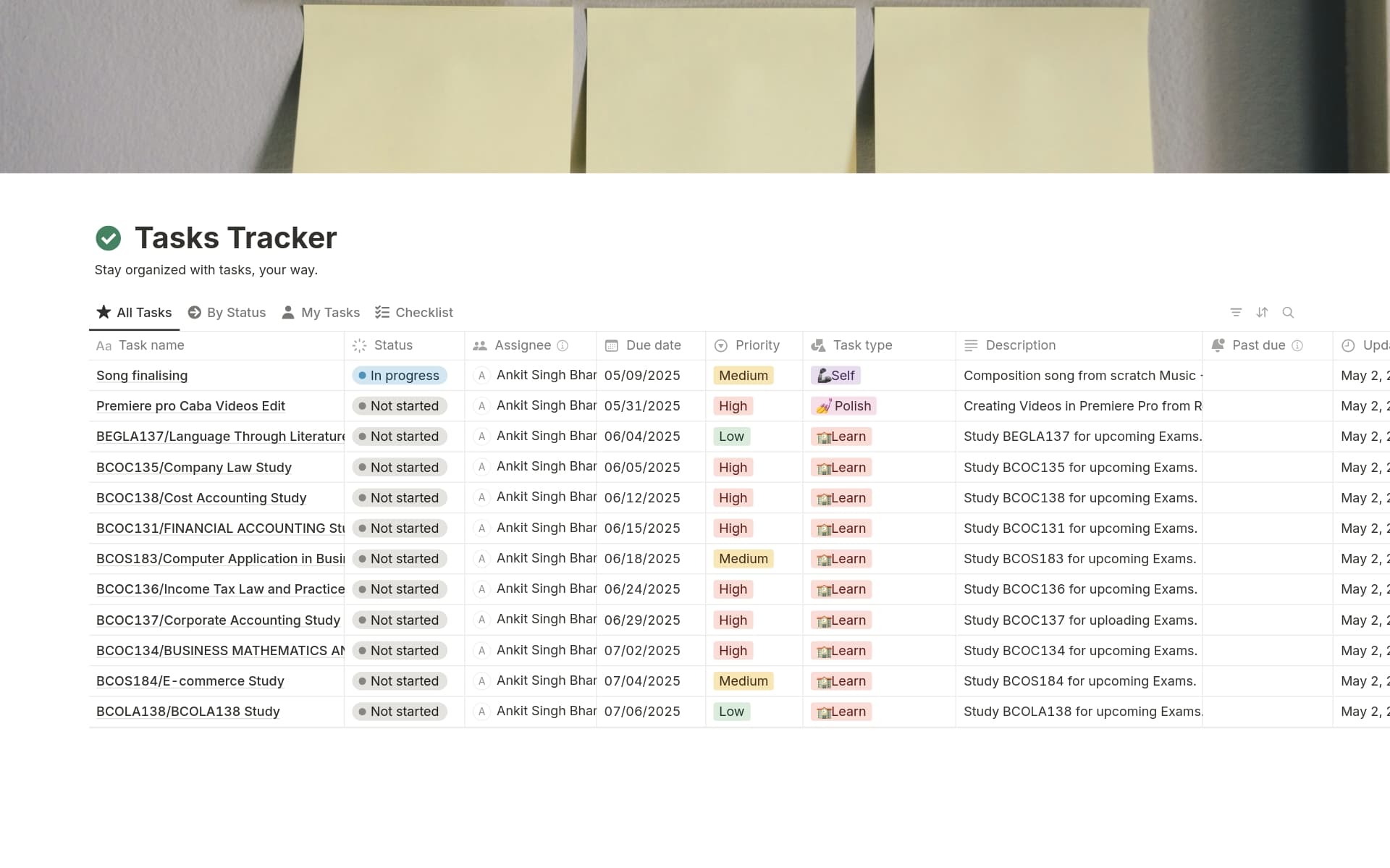Project coordination is essential for keeping tasks aligned, ensuring that goals are met, and maintaining clear communication among team members. A Project Coordination template in Notion can streamline the process by providing a structured framework for tracking progress, assigning tasks, and managing resources effectively. This can lead to increased efficiency and a more organized approach to project management.
Before you dive into creating your own Project Coordination system, take a look at these Notion templates designed to make the process smoother and more intuitive. They offer a variety of features tailored to different project coordination needs, which can save you time and help you focus on the work that matters most.
What Should Project Coordination Templates Include?
Choosing the right Project Coordination Template in Notion can streamline your workflow and enhance team productivity. Here are key components to look for:
Task Management: This should include features for assigning tasks, setting deadlines, and tracking progress to ensure nothing falls through the cracks.
Communication Tools: Look for templates that integrate or link to communication platforms to facilitate easy updates and discussions among team members.
Resource Allocation: Effective templates will help you visualize and manage the distribution of resources, preventing overallocation and bottlenecks.
Reporting Capabilities: Choose a template that allows for the generation of reports to provide insights into project health and milestones.
Selecting a template with these components will not only help in managing projects efficiently but also in achieving better outcomes and team alignment.
What Should Project Coordination Templates Avoid?
Choosing the right Project Coordination template in Notion can streamline your workflow significantly. However, it's equally important to know what features might hinder rather than help. Here are a few to steer clear of:
Overly Complex Layouts: Templates with too many sections or intricate designs can cause confusion and slow down project progress rather than facilitating it.
Non-Customizable Elements: Avoid templates that don't allow you to modify elements. Flexibility is key in project management to adapt to specific needs and changes.
Fixed Workflow Structures: Steer clear of templates that enforce a rigid workflow. Projects often require adaptability, and a good template should accommodate rather than restrict.
Remember, the best template is one that serves as a helpful tool rather than a constraint, enhancing your project's efficiency and adaptability without adding unnecessary complexity.




